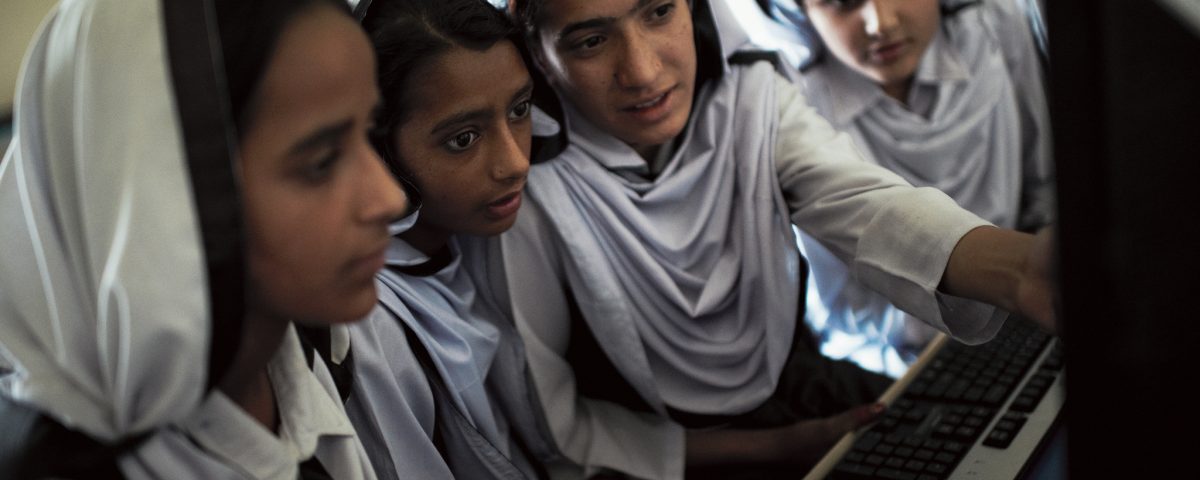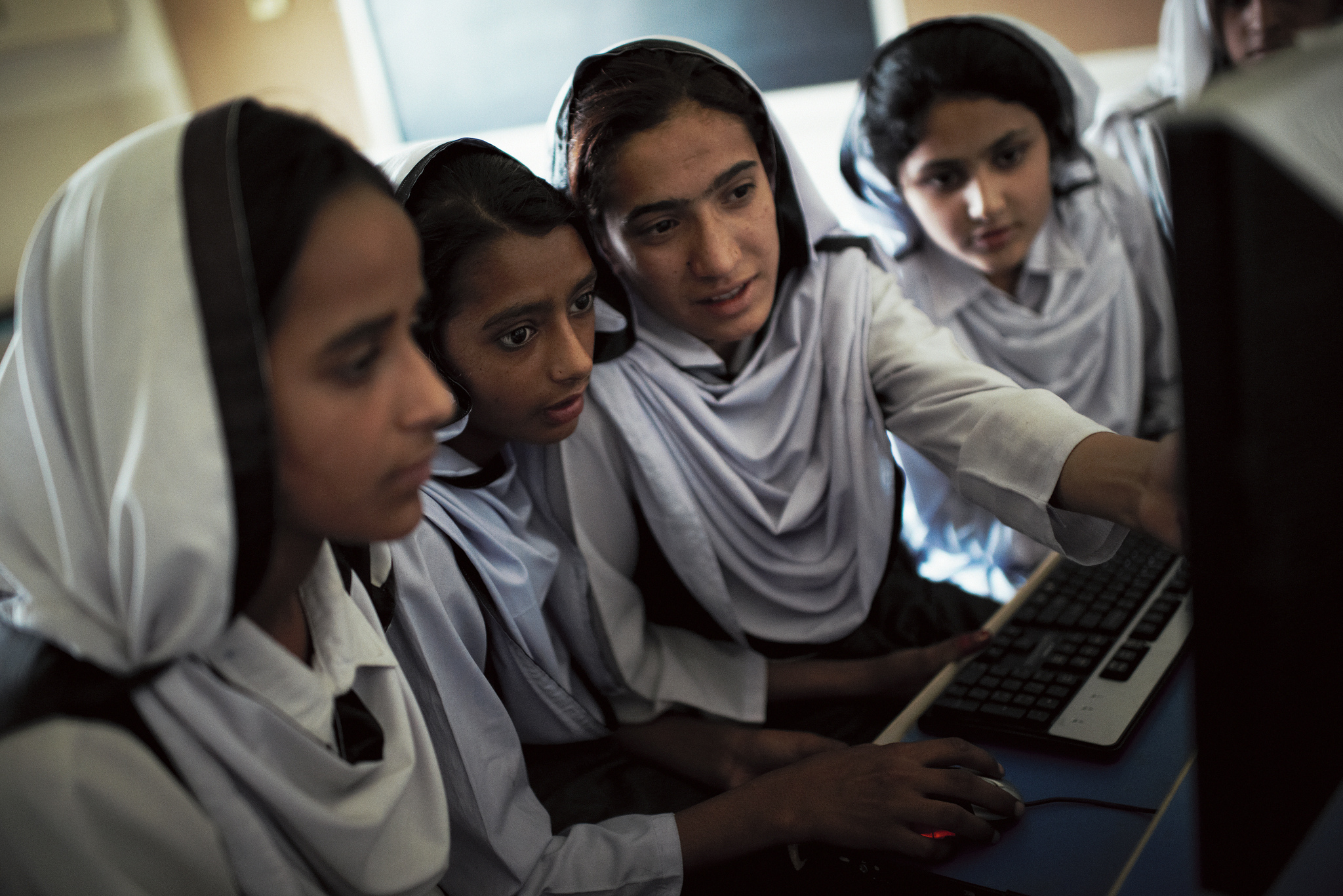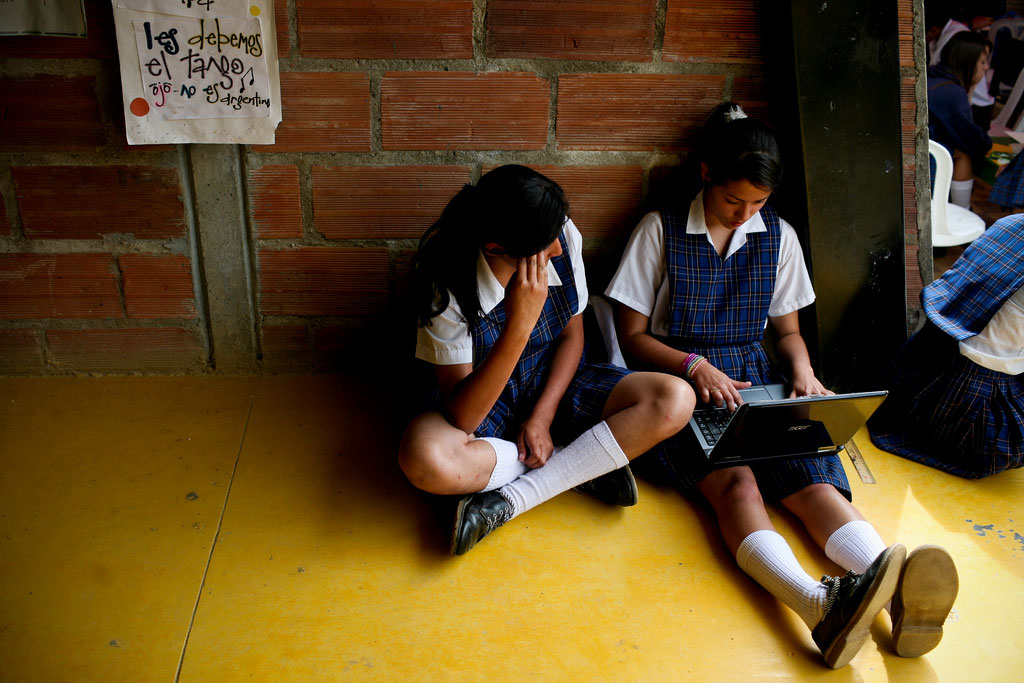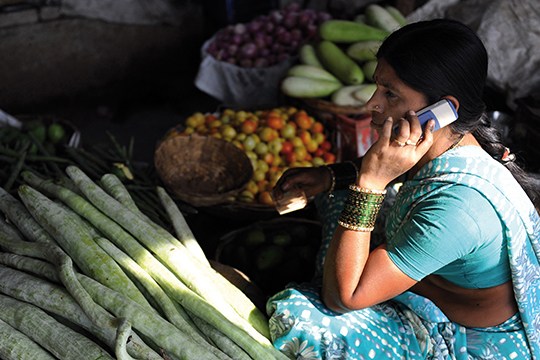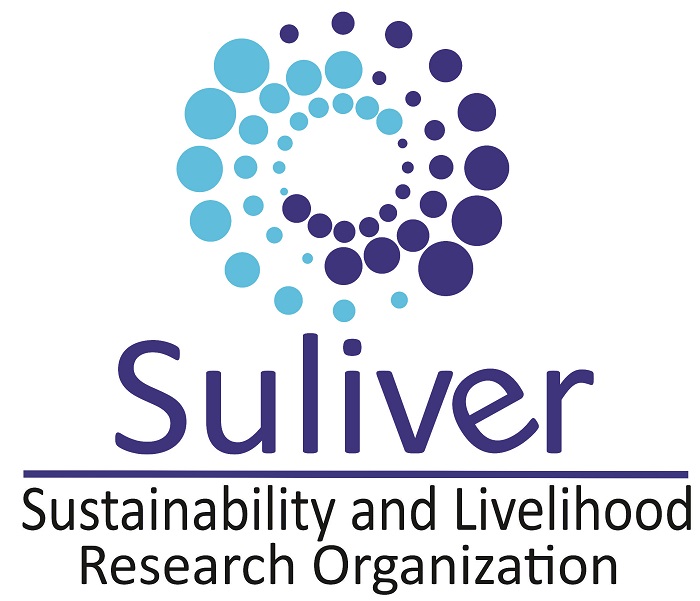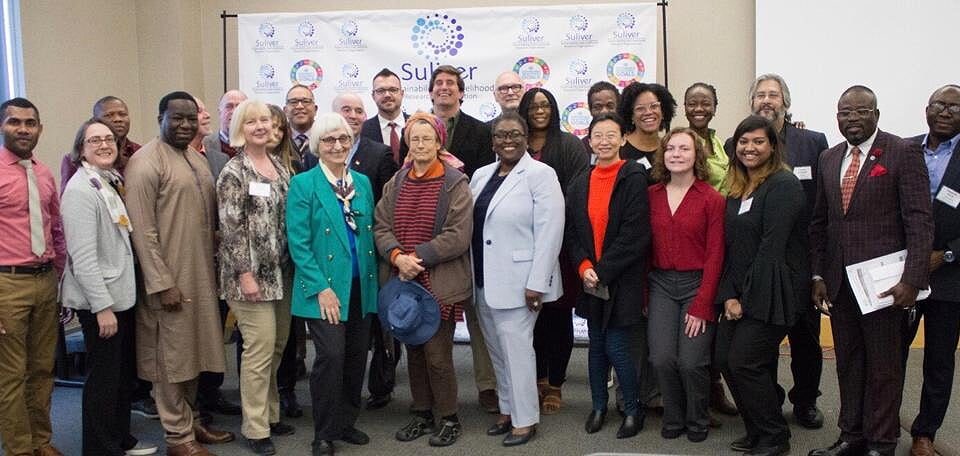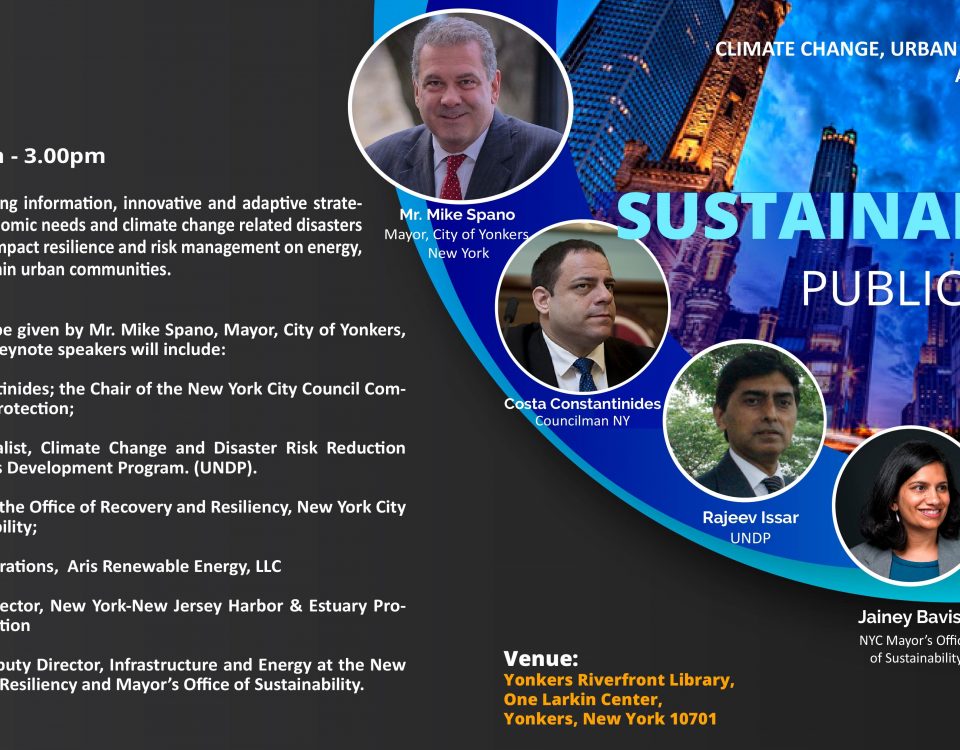The Crux of Food Security During Conflict
May 14, 2017Rebuilding Puerto Rico’s Electricity with a Resilient and Climate Friendly Power Grid
November 23, 2017
ICTs and the Sustainable Development Goals
From the invention of wheels to the application of computers and software in everyday life, technological innovations have always been game changers in human development.
From the invention of wheels to the application of computers and software in everyday life, technological innovations have always been game changers in human development. Today many societies are classified as ‘backward’ or ‘developing’ based on their level of technological attainment. Thus, technological artifacts are considered a critical aspect of human development. The use of Information and Communication Technologies (ICTs) for global interconnectedness bridges the digital divide within communities and between hemispheres. These technologies help in the creation of knowledge societies with its diverse groups of knowledge suppliers and consumers. The Information Technologies enhance scientific and technological innovations, which extends to every sector of modern society and across rural and urban communities. It empowers people in diverse areas such as mobile banking, social media, education, medicine, farming, and e-government.
This is the basis for the recognition of the important role of ICTs in the achievement of the 2030 Agenda for Sustainable Development. Despite their few weaknesses, modern ICTs such as computers, smartphones and numerous software transformed modern societies and human interactions thereby bringing about unprecedented progress in the history of humankind. As part of Sustainable Development Goals (SDGs) in education (Goal 4), gender equality (Goal 5), and infrastructure for universal and affordable access to the Internet (Goal 9), the member states of the United Nations recognize the transformative power of knowledge and information. The unhindered ability to receive and spread knowledge and information is acknowledged as the driving power behind the implementation of SDGs from the remote communities in the Himalayan mountains to those in the Amazon rain forest.
As noted by the Internet Governance Forum (IGF, 2012), this boils down to the provision of the critical infrastructure, the mobile Internet and innovation, human empowerment, the free flow of information, and multilingualism. Unfortunately, most members of the United Nations, especially those in the Global South do not have the capacity in terms of hard infrastructure, regulatory frameworks and essential set of skills to exploit the potential of ICTs for the implementation of all 17 SDGs and human progress.
Therefore, for ICTs to be deployed for the realization of the SDGs and not just for fringe activities, ICT policies are essential. However, one must ask, what does it take to transform unconnected communities around the world into empowered users, knowledge creators and innovators for economic transformation and sustainable development through the application of these technological artifacts? Generally, the accomplishment of this objective underscores the need for a collaborative partnership for the integration of ICTs and the application of open source and open science in the implementation of SDGs. Such multi-stakeholder engagement will involve international development organizations, governments, technical communities and private entrepreneurs. Other stakeholders include civil society groups and social entrepreneurs.


